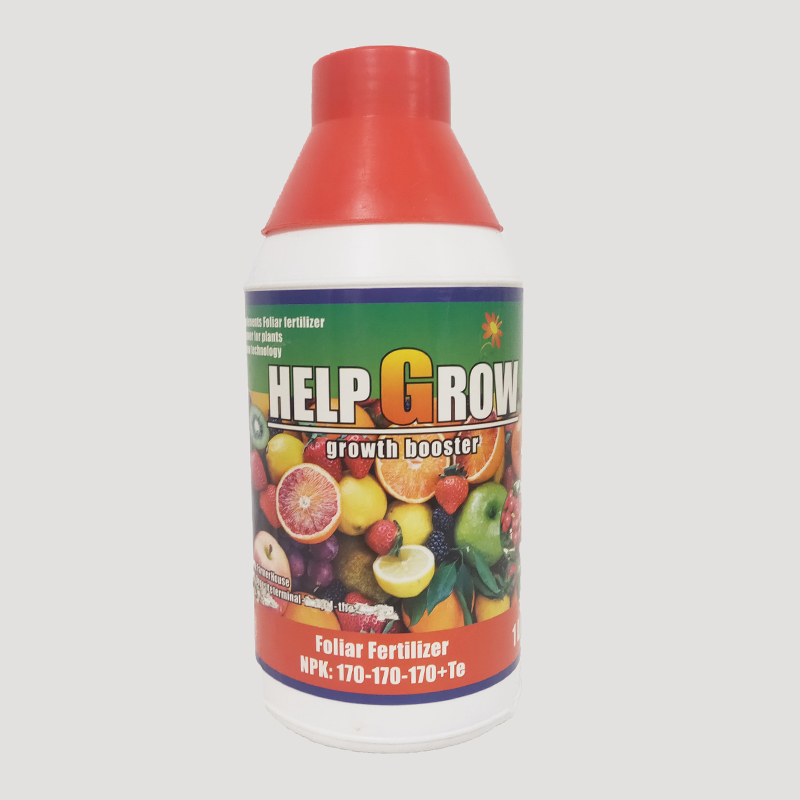
Oct . 03, 2024 12:37 Back to list
npk fertilizer 14 23 14 factory
Understanding NPK Fertilizer The 14-23-14 Formula
NPK fertilizers are essential in modern agriculture, providing the fundamental nutrients that plants need to grow healthy and strong. The numbers in the NPK label represent the percentage by weight of nitrogen (N), phosphorus (P), and potassium (K) in the fertilizer. A fertilizer labeled as 14-23-14 indicates a formulation containing 14% nitrogen, 23% phosphorus, and 14% potassium. This particular blend is designed to cater to specific plant needs, making it ideal for various agricultural and horticultural applications.
The Role of Each Nutrient
1. Nitrogen (N) This essential nutrient plays a pivotal role in promoting leafy growth. Nitrogen is a key component of amino acids, the building blocks of proteins, and is vital for the synthesis of chlorophyll, which is necessary for photosynthesis. The 14% nitrogen content in the 14-23-14 fertilizer ensures that plants have sufficient nutrients to develop robust green stems and foliage.
2. Phosphorus (P) Represented by the highest concentration in this formulation at 23%, phosphorus is critical for energy transfer within plants. It aids in root development, flowering, and fruiting. Adequate phosphorus enhances overall plant vigor and increases the quality and yield of crops. This makes the 14-23-14 fertilizer especially beneficial during the early growth stages and flowering periods of various plants.
3. Potassium (K) At 14%, potassium is crucial for regulating various physiological processes in plants, including water uptake, enzyme activation, and photosynthesis. It helps plants build resistance against diseases, increasing their resilience. Potassium is particularly important in the final stages of growth, promoting fruit and seed development.
Application and Benefits
npk fertilizer 14 23 14 factory

The 14-23-14 fertilizer is versatile and can be used across a wide range of crops, including vegetables, fruits, and ornamental plants. Farmers and gardeners often use this formulation in soil preparation and during the active growth phases to boost nutrient availability.
When applying NPK fertilizers, it is essential to conduct soil tests to understand the existing nutrient profile. This helps in determining the appropriate amount of fertilizer required, preventing over-fertilization, which can lead to nutrient runoff and environmental issues.
Environmental Considerations
As with any agricultural practice, the use of NPK fertilizers requires careful management to minimize adverse environmental impacts. Overapplication can lead to nutrient leaching into waterways, causing issues such as algal blooms. Sustainable practices, including integrated nutrient management and following recommended application rates, can mitigate these risks.
Conclusion
The 14-23-14 NPK fertilizer is a potent tool for promoting healthy plant growth and maximizing agricultural yields. By supplying essential nutrients in suitable ratios, this fertilizer supports vital physiological processes, ensuring that crops thrive from seedling to harvest. For farmers and gardeners alike, understanding the role of each nutrient in NPK formulations empowers them to make informed decisions, leading to both fruitful harvests and sustainable farming practices. Investing in quality fertilizers like the 14-23-14 blend can ultimately contribute to more productive and sustainable agricultural systems.
-
10-10-10 Organic Fertilizer - Balanced NPK Formula
NewsAug.02,2025
-
Premium Organic Manure Compost for Eco Gardens
NewsAug.01,2025
-
Organic 10-10-10 Fertilizer | Balanced Plant Nutrients
NewsJul.31,2025
-
Premium Amino Acid Fertilizer | Rapid Plant Growth Booster
NewsJul.31,2025
-
10 10 10 Fertilizer Organic—Balanced NPK for All Plants
NewsJul.30,2025
-
Premium 10 10 10 Fertilizer Organic for Balanced Plant Growth
NewsJul.29,2025
